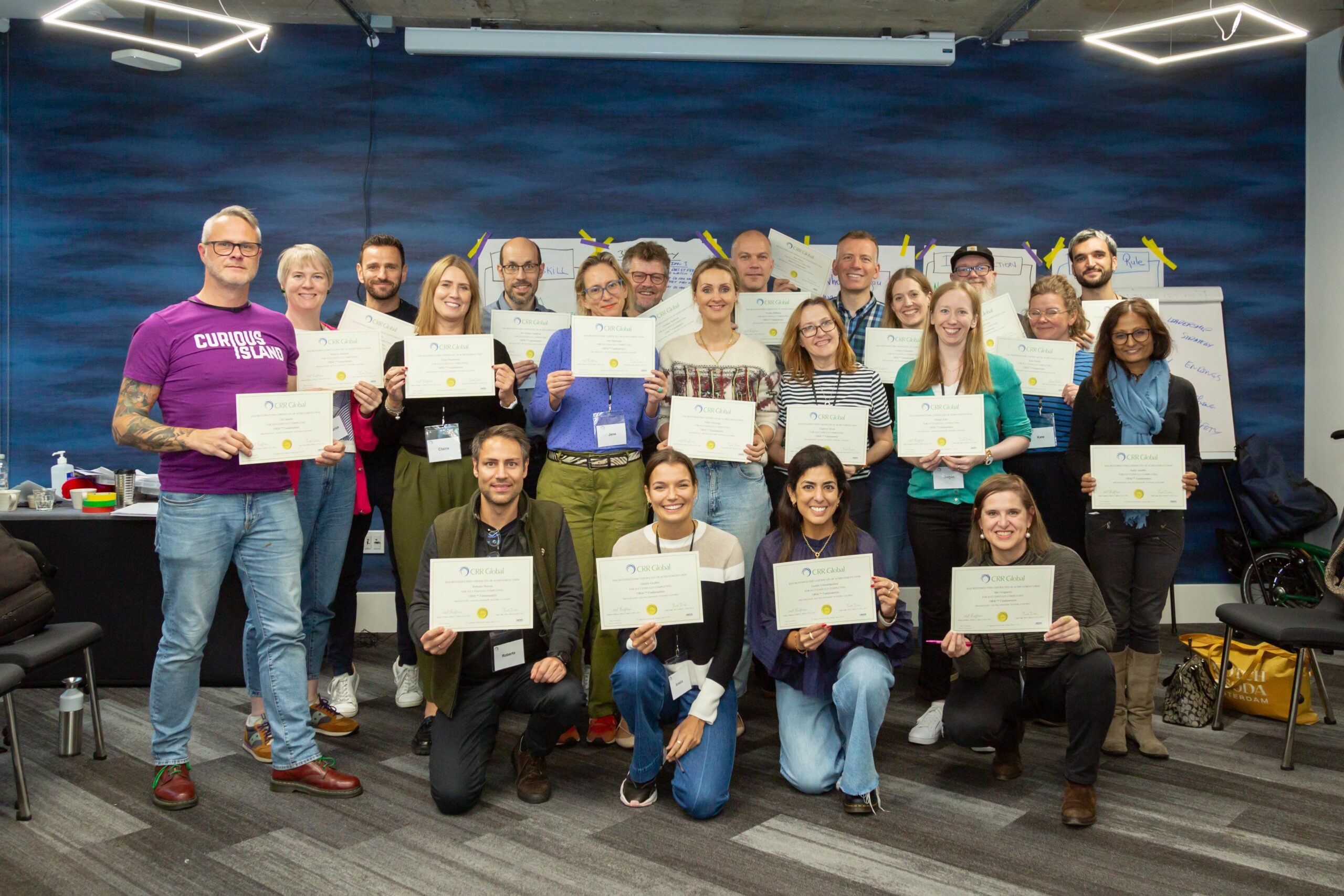Introduction to ORSC: Unravelling the Framework
This blog guides you through the foundational principles of ORSC and sheds light on what sets it apart in the rapidly growing world of coaching.
Understanding ORSC: A Holistic Approach
ORSC is not just a coaching methodology; it’s a philosophy that views organisations and relationships as living systems. ORSC recognises the interconnectedness of individuals within these systems and aims to facilitate positive change by harnessing the inherent intelligence of the system.
The Three Dimensions of ORSC: Intelligence, Geography, and Path
At the heart of ORSC lie three dimensions that form the backbone of its framework:
1. Intelligence: Acknowledging that each system has its own unique intelligence, ORSC coaches are trained to tap into this collective wisdom to foster innovation and problem-solving.
2. Geography: This dimension delves into the physical and emotional spaces within a system. ORSC coaching explores the roles and dynamics within these spaces, understanding that they play a crucial role in shaping the system.
3. Path: ORSC recognises that every relationship system is on a path—a journey toward a destination. Coaches in the ORSC framework work with clients to make this path conscious and intentional.
Distinguishing Features of ORSC:
1. Systemic Thinking: ORSC goes beyond individual coaching to focus on the entire system. It emphasises systemic thinking, encouraging coaches to consider the larger context and interconnectedness of relationships.
2. Deep Democracy: A core principle of ORSC, Deep Democracy emphasises the importance of hearing all voices within a system, even those on the fringes. This inclusive approach ensures that every perspective is valued.
3. Experiential Learning: ORSC is not just about theoretical concepts; it’s about experiential learning. Coaches engage in real-world scenarios, practising the principles in a dynamic and hands-on manner.
Applications of ORSC: From Teams to Organisations
ORSC is a versatile framework that finds application in various contexts:
1. Team Coaching: ORSC is particularly impactful in team settings. Coaches work with teams to uncover hidden dynamics, enhance communication, and foster a collaborative and innovative culture.
2. Leadership Development: ORSC principles are instrumental in leadership development, helping leaders navigate complex relationships, build effective teams, and lead with systemic intelligence.
3. Organisational Change: In the realm of organisational change, ORSC offers a unique lens. Coaches assist organisations in navigating change by understanding the systemic impact on relationships and structures.
ORSC in Action: Case Studies and Success Stories
To truly grasp the power of ORSC, we delve into real-world examples. Case studies and success stories illustrate how ORSC has transformed relationships, elevated team dynamics, and propelled organisational growth. Check out this interview with ORSC Practitioner Kerry for her experience of ORSC.
Embark on the ORSC Journey: Training and Certification
For those intrigued by the transformative potential of ORSC, the journey often begins with training and certification. We explore the various modules offered, the skills acquired, and the impact of becoming an ORSC-certified coach.
This introduction merely scratches the surface; the depth of ORSC unfolds as you delve into its principles, apply its practices, and witness the transformative power it wields in relationships and organisations. Whether you’re a seasoned coach or a newcomer to the field, the journey into ORSC promises a profound exploration of the intricate dance of systems and relationships.
You can read more about our courses via our website, we’d love to see you on one of our modules in 2024!
**Virtual Fundamentals 8th & 9th February**
Join us for our next Virtual Fundamentals course starting on 8th & 9th February. Learn & master coaching tools and skills that help teams and systems, address intangible hurdles which lead to lack of trust, conflict, unskillful communication and tribalism, towards teams/systems which are more collaborative & aligned whilst at work and at home.
Price: £695+VAT (for UK residents).
Dates: 8th & 9th February
Duration: 2 full days






